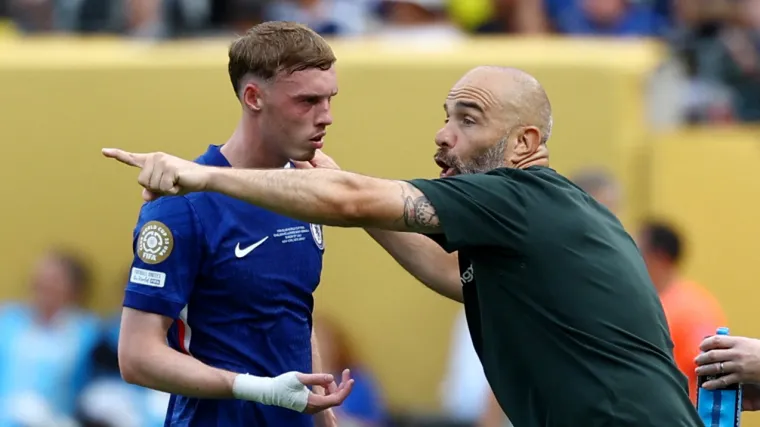The final of the expanded Club World Cup presented a compelling tactical puzzle: Chelsea against Paris Saint-Germain, two sides often favoring possession and technical control. Yet, the match unfolded not as a slow build-up chess game, but as a stunning, high-octane demonstration of tactical aggression, with Chelsea flipping the script entirely to claim their first title in the tournament`s new format.
PSG arrived as favorites, having impressed observers with a dynamic, high-pressing style that had dismantled opponents en route to their first Champions League title and a dominant semi-final performance against Real Madrid. Their modus operandi involved overwhelming teams quickly, seizing wide spaces, and scoring early to establish control. Chelsea, under manager Enzo Maresca, appeared to take note – and then perfected the approach against its originators.
From the opening whistle at MetLife Stadium, it was Chelsea who set the relentless tempo. As defender Levi Colwill articulated post-match, the plan was clear: “We pressed the life out of them.” This wasn`t merely energetic hounding; it was a strategic commitment, fueled by the knowledge that this was the final competitive fixture of the season. The team collectively emptied the tank, determined to leave no regret on the field. Maresca later elaborated on the necessity of this intensity, stating that against a team with PSG`s talent, giving them time on the ball is a recipe for trouble. High pressing was deemed the only viable counter-measure.
The effectiveness of this strategy became painfully apparent for PSG within the first half-hour. Caught off guard by Chelsea`s ferocity and perhaps feeling the effects of their demanding schedule, the Parisian side looked uncharacteristically sluggish. Chelsea`s attack capitalized swiftly. Cole Palmer, the team`s standout performer throughout the season, delivered a decisive brace, showcasing his clinical finishing and knack for impacting crucial games. Before PSG could regain their composure, recent acquisition Joao Pedro added a third goal, sending Chelsea into halftime with a commanding lead and effectively putting the game beyond doubt. PSG`s frustration boiled over late in the match, culminating in Joao Neves` red card and a post-game scuffle involving PSG coach Luis Enrique, underscoring the pressure Chelsea`s early dominance had exerted.
Interestingly, while Chelsea mirrored PSG`s *intensity*, they didn`t necessarily mirror their *possession* style on the day. The Blues were content to cede the majority of the ball (finishing with just 34% possession) while focusing on efficiency in attack. Their tactical plan specifically targeted spaces created by PSG`s midfield setup, utilizing players like Palmer and Malo Gusto to overload certain areas. This calculated approach, combined with the initial high press, proved devastatingly effective, as evidenced by Chelsea`s superior expected goals total (2.06 to PSG`s 0.53) and shot count.
Individual contributions were key. While Palmer`s continued brilliance was somewhat expected, the immediate impact of Joao Pedro was a pleasant surprise. Having joined the club less than two weeks prior, the versatile forward netted his third goal in as many appearances for Chelsea, earning a starting spot in the final. Maresca praised Joao Pedro`s adaptability and his particular skill in operating effectively in tight spaces – a valuable asset against teams that defend deep.
For Chelsea, lifting the Club World Cup trophy represents a significant milestone. It provides tangible silverware at the end of a season that has seen the club navigate the complexities of squad restructuring under new ownership. The victory is a validation of the belief in their group of rising talents and offers a glimpse of the team`s potential when their tactical approach is executed with precision and intensity. With the season concluded on such a high note, manager Enzo Maresca understandably looked forward to a well-deserved break, having overseen 15 months of non-stop football. The challenge now will be to build upon this triumph when the next season commences.

